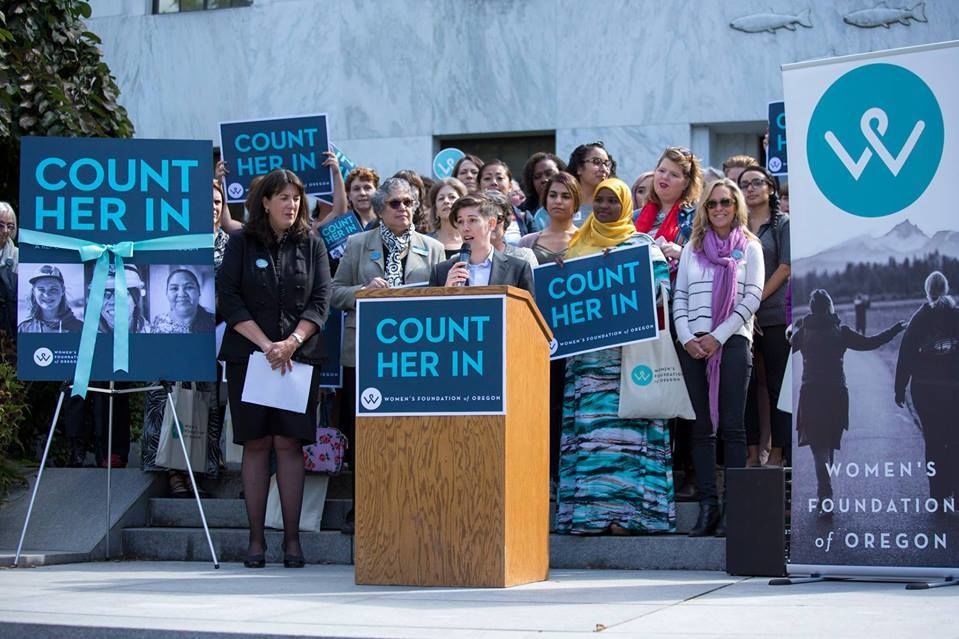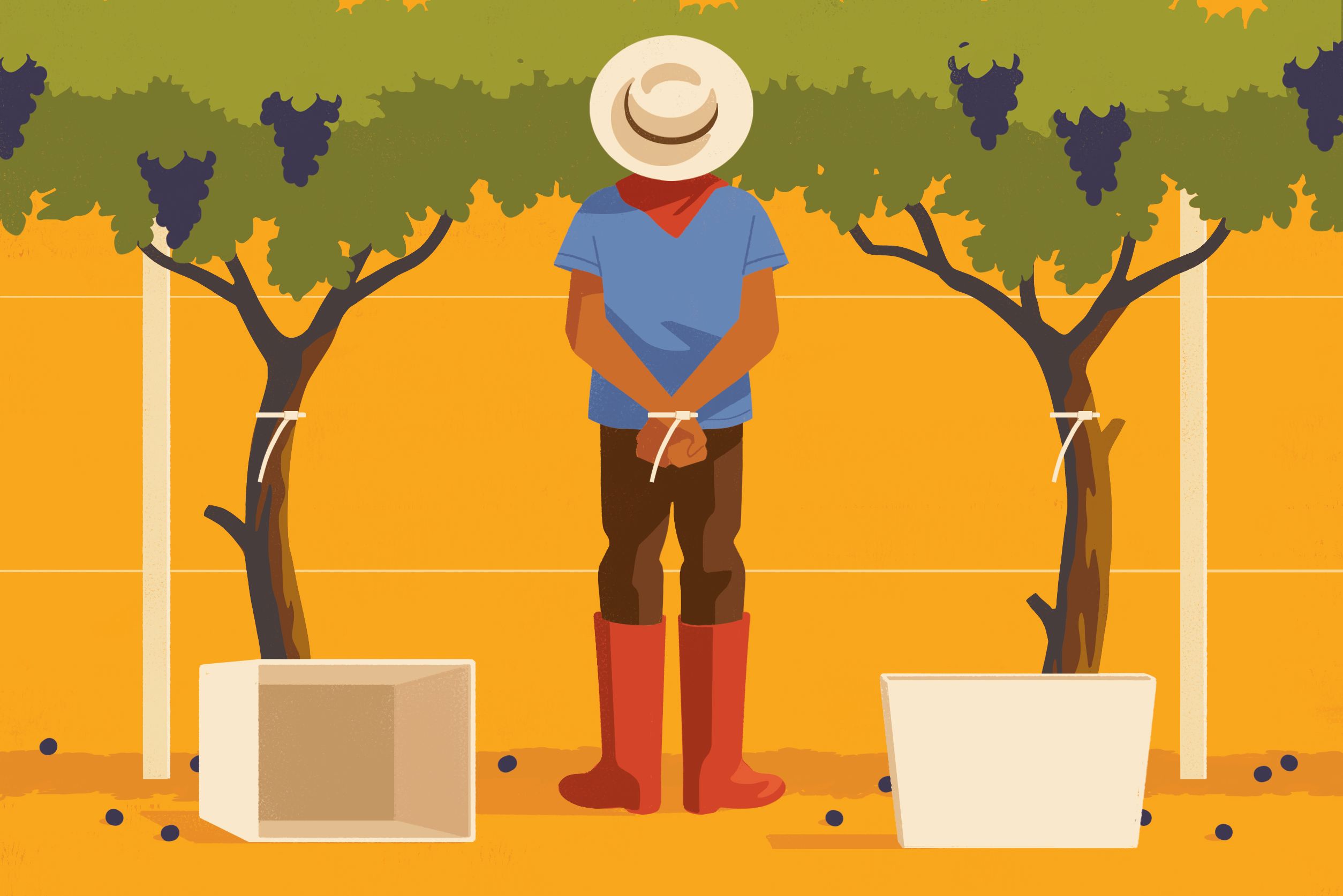Four Oregon Feminists and Women’s Organization Leaders Respond to Trump's Election

Image: Shutterstock
A few days after the 2016 election, Portland Monthly asked a wide range of Oregonians for their thoughts on what Donald Trump’s victory means for their lives, their work, and their communities.
Readers, we’d love to hear your thoughts as well. Please feel free to share your thoughts in the comment section, and please remember to keep this conversation civil and respectful.
Michele Stranger Hunter
Executive director of NARAL Pro-Choice Oregon and the Oregon Foundation for Reproductive Health
“Every restriction that can be [made] to limit women’s access to contraception and abortion will happen, backed up by a Supreme Court picked for that purpose. I do not have any silver lining. People in Oregon will be relatively less affected because we have a progressive state government. But we absolutely will be affected. Oregon insured a quarter of a million more people though the Affordable Care Act—the biggest thing done for women’s health in my lifetime. ACA opened a path for women to get healthcare insurance for the first time, and, equally important, contraception and pre-conception care. Congress will defund Planned Parenthood too. They tried to vote on that a zillion times and failed. Now they can.
“We can’t stop. We need to be more active activists. Showing up is so critical—people calling their legislators and going with us to Salem to meet with legislators. Or fight back with your money. Give it to the places that are going to organize the fight.”
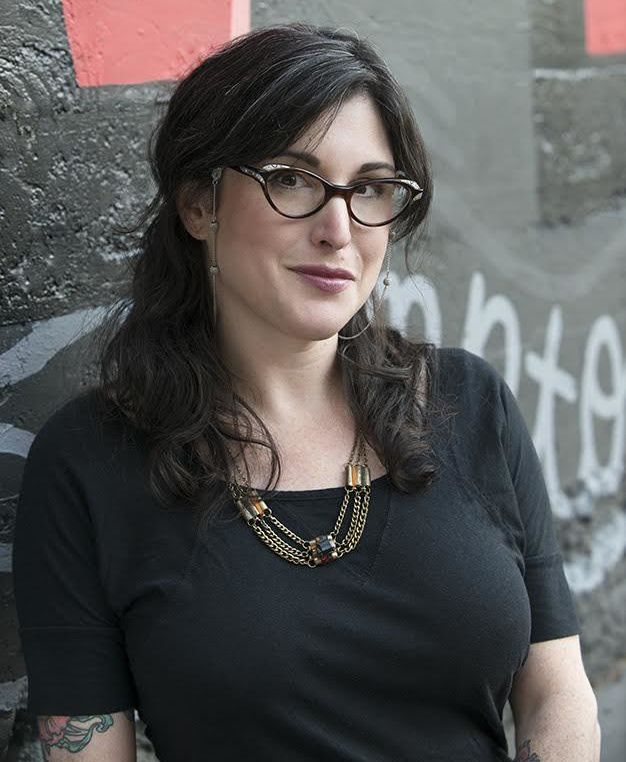
Image: Courtesy Andi Zeisler
Andi Zeisler
Co-founder, Bitch Media
“Over the past couple of decades, American political and popular culture really has evolved in so many ways, and backlashes often follow that kind of progress. But this is such a naked, fearful backlash, against humanism and empathy and ethics and science—against actual facts. It's not necessarily surprising, but as a feminist, as a parent, as a media critic, it feels bleak. That said, anyone who cares about all of these things now has their work cut out for them. We can't continue to coast on this idea that eight years of Obama magically made us postracial and postfeminist.
“Our mission of responding to mainstream media and pop culture is crucial here because—along with many other systemic failures—mainstream media was absolutely complicit in the outcome of this election. On a practical level, we're hiring two new full-time staff members to expand our editorial coverage, we're increasing pay to writers and other contributors, and we're launching a new Wednesday-morning Facebook livechat—it's called Feminist Snack Break—to make sure that there are at least 10 minutes in everyone's week where you're in the company of like-minded feminists.”
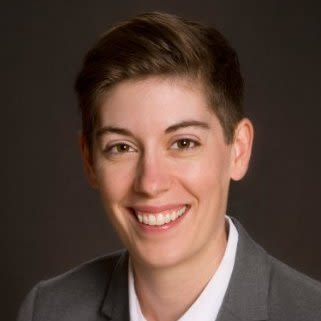
Image: Courtesy Emily Evans
Emily Evans
Executive director, Women’s Foundation of Oregon
“Many of our members, grantees, and partners—from across the political spectrum—are deeply concerned about what the next four years might bring. Perhaps of even bigger concern is the chasmic rift in understanding, empathy, respect, and civility that this election has revealed. And the fact that our country, state, and community must find a path forward in the context of that reality.
“Oregon’s reliably blue presence on the electoral map belies the deep political divide between our urban areas and the vast rural areas of the state. However, last year the Women’s Foundation team hosted a 14-stop, 3,000-mile Listening Tour across the state. We heard from over 1,000 women and girls from all different geographies and backgrounds. Despite those differences, there was broad consensus about the top issues facing women and girls in Oregon. We found that challenges like violence against women, the wage gap, mental health obstacles, and the glass ceiling transcend both geography and political party. We combined what we heard on that tour with comprehensive data drawn from the best data sources available to create Count Her In, our groundbreaking report about women and girls in Oregon. In our experience, deep listening and sound data is a reliable jumping off point with nearly all Oregonians. That gives me great hope for the future of productive dialogue in our state."
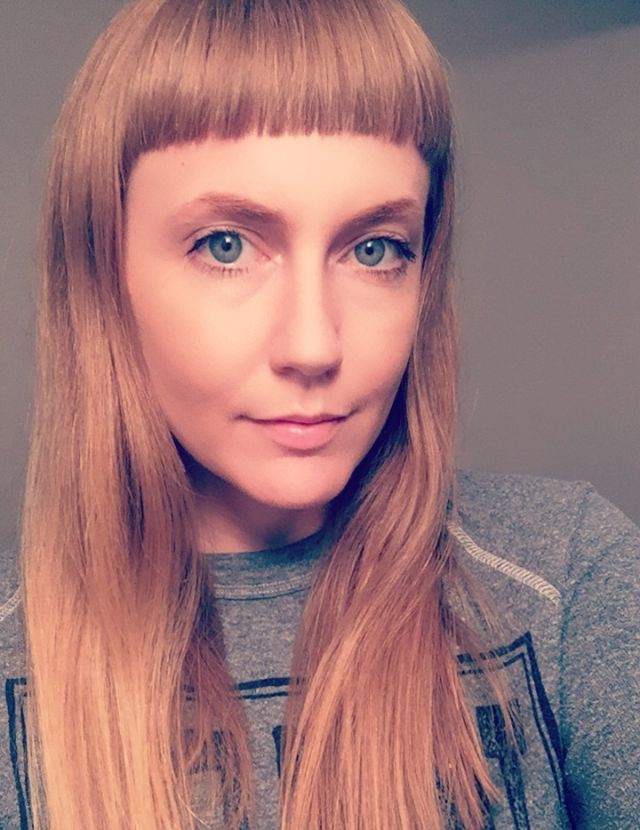
Image: Courtesy Stacey Spencer
Stacey Spencer
Founder of No! to Rape Culture, a group working to combat sexual violence within underground music scenes
“I feel like I've seen everyone that I love collectively go through the first four stages of the grieving process. We denied it was happening. We got angry. We bargained. We felt a wave of depression. What's most important is that we stop ourselves from reaching the last stage of acceptance. We cannot accept the unacceptable. We cannot allow xenophobia, white supremacy, sexism, and rape culture to be the new normal. We have to remember that the majority of voters actually didn't want this, and we need to continue to fight against it every step of the way.”




